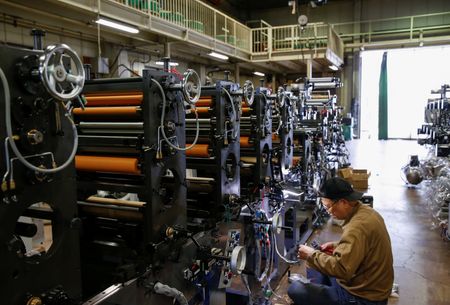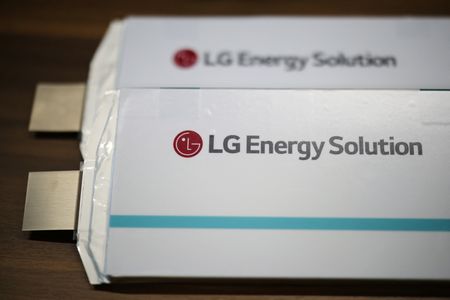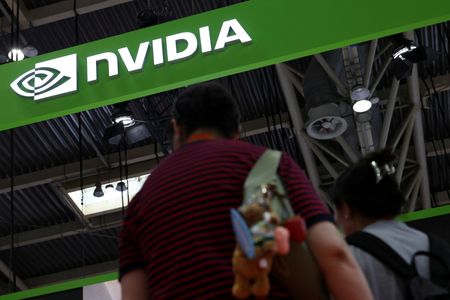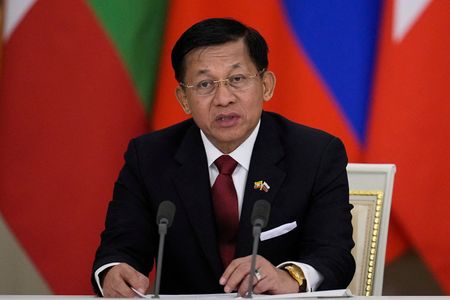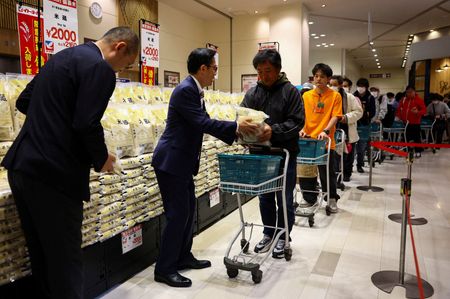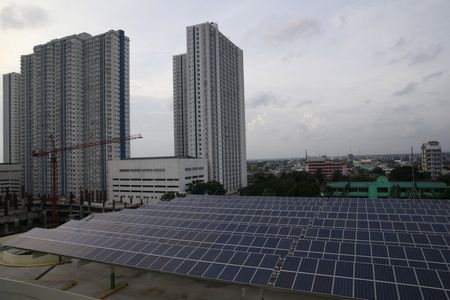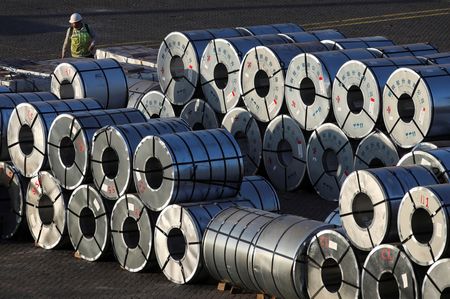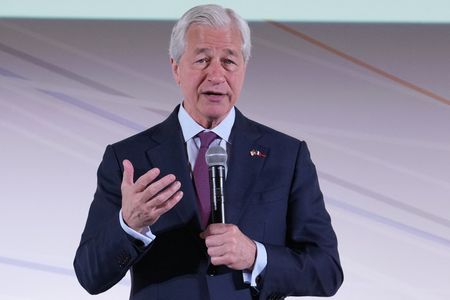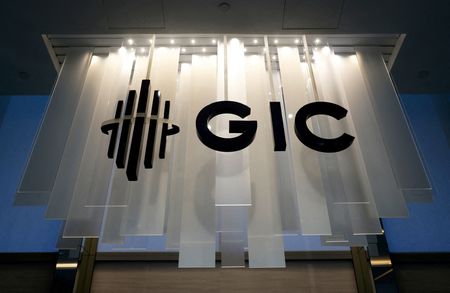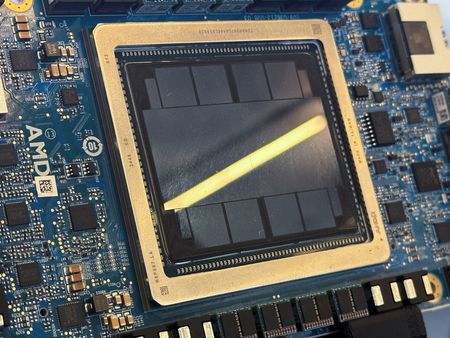TOKYO (Reuters) – Japan’s factory activity extended declines for an eighth straight month in February but at a slower pace, a private-sector survey showed on Friday, in a sign struggling factories may be finding their footing.
While business spending was a major contribution to Japan’s GDP growth in the past quarter, the manufacturing sector has stayed lukewarm, even before U.S. tariffs on cars and other key Japanese export items are set to take effect.
The au Jibun Bank Japan flash manufacturing purchasing managers’ index (PMI) rebounded to 48.9 from 48.7 in January, which hit a 10-month low. Although still below the 50.0 threshold that separates growth from contraction, the slight uptick suggests a modest recovery.
The improvement was driven by a milder decrease in both output and new orders, the two key components of the manufacturing PMI.
Looking ahead, “confidence regarding business activity growth over the next 12 months softened in February,” according to Usamah Bhatti, an economist at the survey compiler, S&P Global Market Intelligence. Among manufacturers, future output expectations were the lowest since June 2020.
“Companies cited labour shortages, persistent inflation, and economic malaise in the domestic economy as factors dampening overall sentiment,” Bhatti said.
Sub-indexes showed employment levels decreased for the first time since November, while input prices continued to rise at a faster pace than in the previous month.
In a contrast to the weak manufacturing sector, the au Jibun Bank flash services PMI posted a further improvement to 53.1 in February from January’s final 53.0, thanks to sustained expansion in new businesses backed by solid demand.
The au Jibun Bank flash Japan composite PMI, which combines both manufacturing and service sector activity, gained to 51.6 from January’s 51.1.
(Reporting by Kantaro Komiya; Editing by Sam Holmes)

